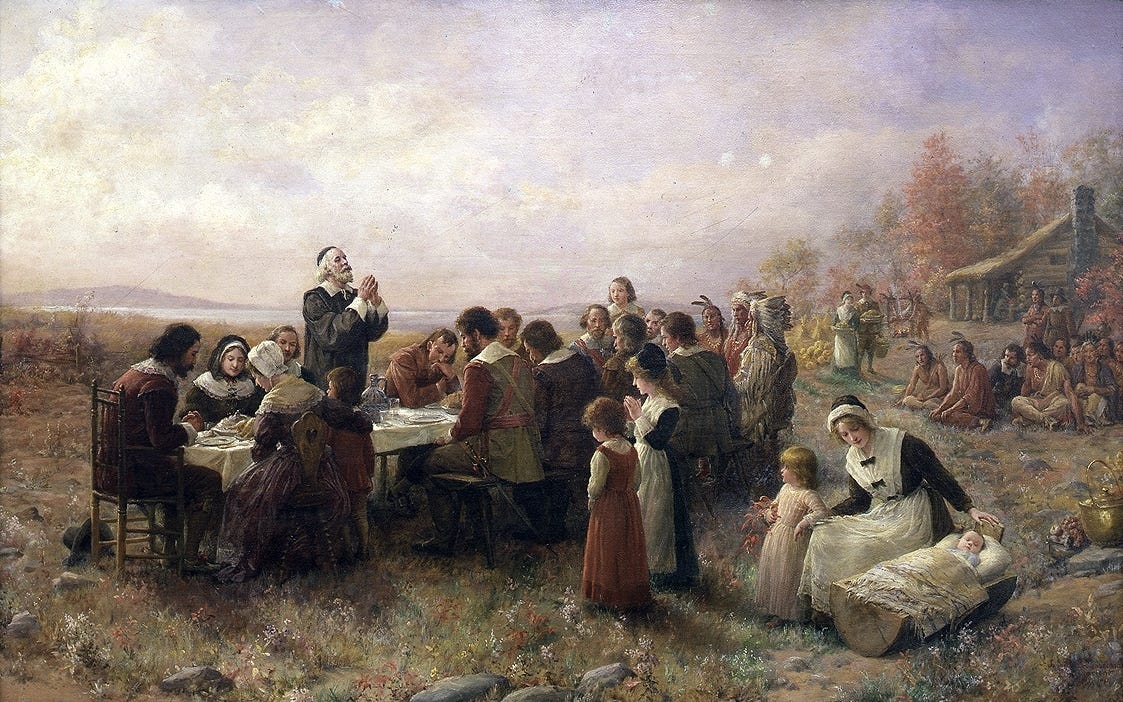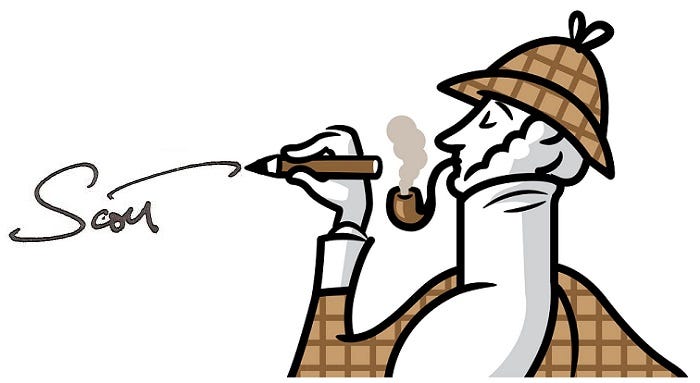The Quiet Labor of Gratitude
Character helps us practice gratitude with humility, courage, and generosity

“Gratitude is thankfulness expressed in action … we are each day indebted to thousands.”
— William George Jordan, 1902
Every year, America consecrates a Thursday in late November to give thanks — a gesture as ceremonial as polishing the silver or pardoning a turkey.
The table is set, relatives assemble, and the mood shifts between temporary piety and post-prandial drowsiness. Gratitude, we are told, is the order of the day.
And yet gratitude, properly understood, is less a holiday than a habit — less a feeling summoned on command than a discipline cultivated in the quiet hours between obligations. It is the tacit acknowledgment that none of us walks alone, that our comforts and conveniences rest upon the labor of multitudes whose names we never learned.
“The laws we live by, the freedoms we enjoy, the institutions that we take for granted—and we should never take for granted—are all the work of others who went before us. And to be indifferent to that isn’t just to be ignorant, it’s to be rude. And ingratitude is a shabby failing.”
— David McCullough, 2005
David McCullough, in his New England aphorisms, charged ingratitude with the weight of a civic crime, a dereliction of duty toward the dead. He was right. To take the present for granted is to assume that roads build themselves, constitutions write themselves, and civilizations maintain themselves by the magic of wishful thinking.
Gratitude reminds us that the scaffolding of our lives is inherited, not invented anew each morning.
Gratitude as Character
Modern America, caught in the slipstream of speed and self-regard, tends to confuse gratitude with transaction. A favor exchanged, a debt erased, a polite nod given before rushing on to the next appointment.
The older understanding — what William George Jordan (above) meant when he called gratitude an action — is largely lost: gratitude not as currency but as character.
To be grateful in this older, sturdier sense is to accept membership in the guild of the living and the dead. It is to recognize that the hand that fed you may have belonged to a farmer long buried, that the book that changed your life was written by someone whose own life was laden with doubts, and that the freedoms you enjoy were purchased at a price you never paid.
No Grand Gestures Necessary
The practice of gratitude requires no grand gestures. Only the humility to perceive one’s debts, the courage to acknowledge them, and the generosity to extend forward what one has received. It is the quiet labor of civility, a resistance to the tempting forces of vanity and grievance that threaten to undo us.
And so, on this appointed Thursday — amid the roast turkeys and televised pigskins — we might pause long enough to consider the republic we have inherited and the one we are obliged to preserve.
Gratitude asks nothing more, and nothing less, than that we prove ourselves worthy of the gift.
There’s so much to learn,




I see gratitude more often printed on dish towels and lapel buttons than behavior in action. It has become a simplistic concept, no sooner spoken than forgotten; out of mouth, out of mind. But it is an action that needs definition and this post does that. Thanks!